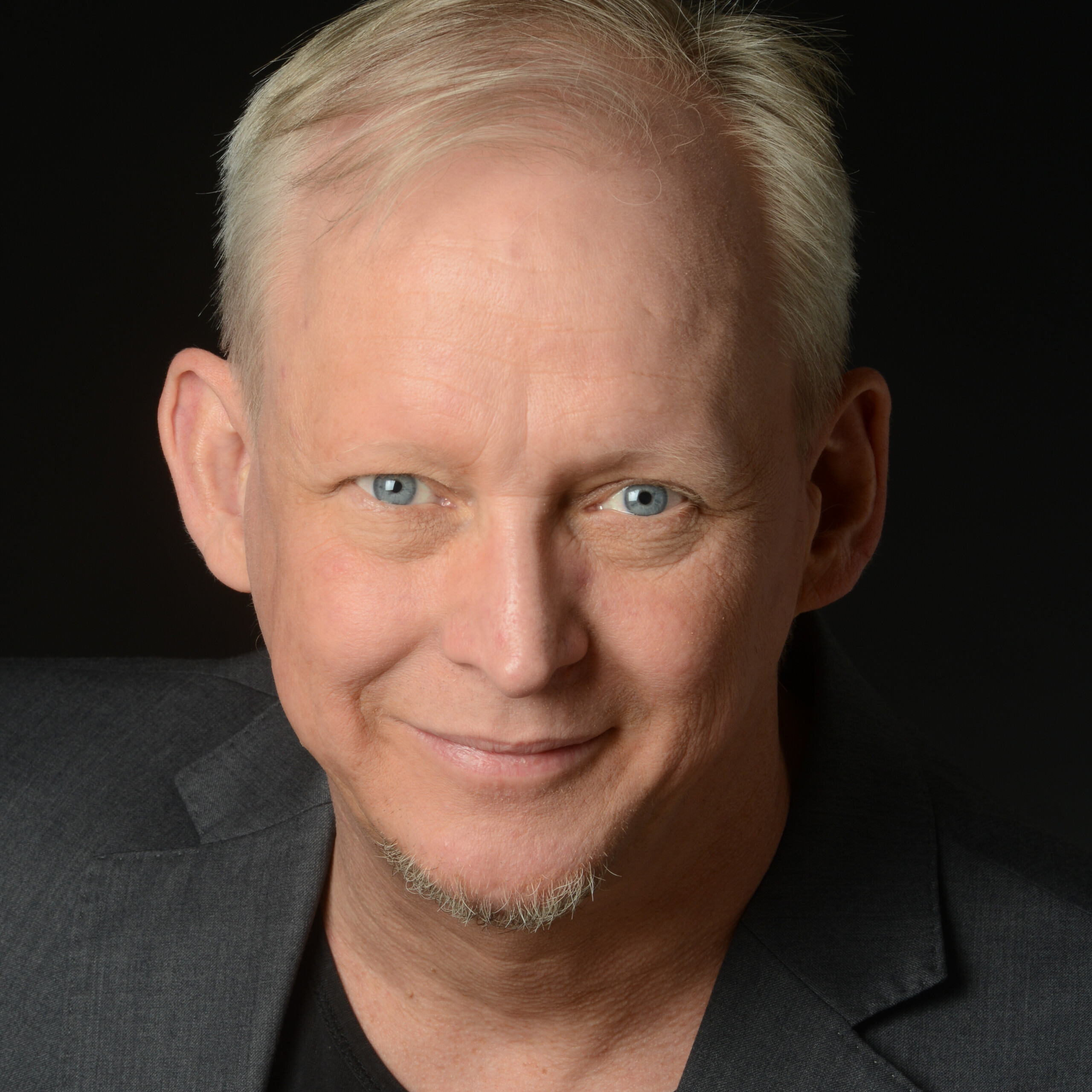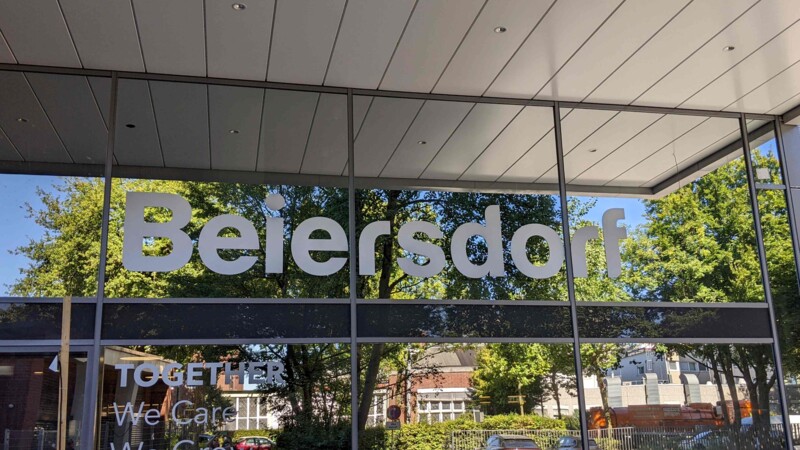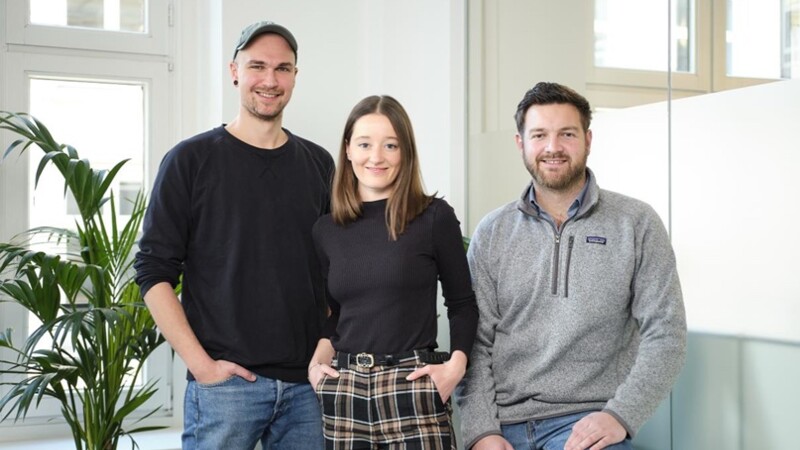Hamburg News: Generative AI is being hailed as both groundbreaking and hyped. Where do you position the technology in this field of tension?
Dirk Ploss: Both perspectives are certainly justified. On the one hand, it really is one of the biggest transformation machines in decades. The potential increases in productivity and efficiency are enormous. On the other hand, AI is often simply misused as a sales-promoting label, not to mention so-called wrapper apps (apps that provide AI models such as Chat GPT, Dall-e etc. for specific use case). More than 6,000 new AI tools flooded the market in the first half of 2023 alone, which is quite significant.
Hamburg News: What risks does the world of work face in this context?
Ploss: Reliability, ethics and using the time saved sensibly. Reliability focuses on how much AI hallucinates, whether it provides real sources or invents them and the extent of biased training data. Ethics refer to aspects such as diversity, handling personal data and the liability of platforms. And gains in productivity should not be used mainly to reduce the number of jobs, but to make work more humane and meaningful.
Hamburg News: You once said: "I see a risk in not taking a risk." Does that apply to AI and what risks do you see here?
Ploss: Yes, definitely. Every new technology holds both risks and opportunities. I wouldn't dismiss ChatGPT's technology by saying "it doesn't work" just because it hallucinated at first. On the contrary, the risk of being left behind or being punished by the shareholders and losing the best brains is far greater than losing time and money because the AI results are not fully developed. I can only advise you to be aware of the risks - especially the technological, communicative, legal and financial risks.
Hamburg News: How long has Beiersdorf been using AI and what goals are you pursuing?
Ploss: We have been working with AI models and applications for a very long time, e.g., in analytics, formula development and toxicology. We launched an intelligent chatbot in 2019, and had an internal instance of ChatGPT less than a year after it was released by Open AI. The overarching goal is to amplify the existing strengths of our employees. For us, AI is not simply an accelerator, but above all an improver.
Felina Wellner: Has AI changed your role as an innovation manager?
Ploss: Yes, quite a lot actually. My team and I are taking on more and more pilot functions because the specialist departments cannot spend all day dealing with every new AI. We look around, we try things out, we check for potential risks and opportunities, we make recommendations. Traditional innovation management is also changing tremendously as a result of AI. Idea generation, idea evaluation, research, idea enrichment, process optimisation, formula development, communication have to be rethought.




